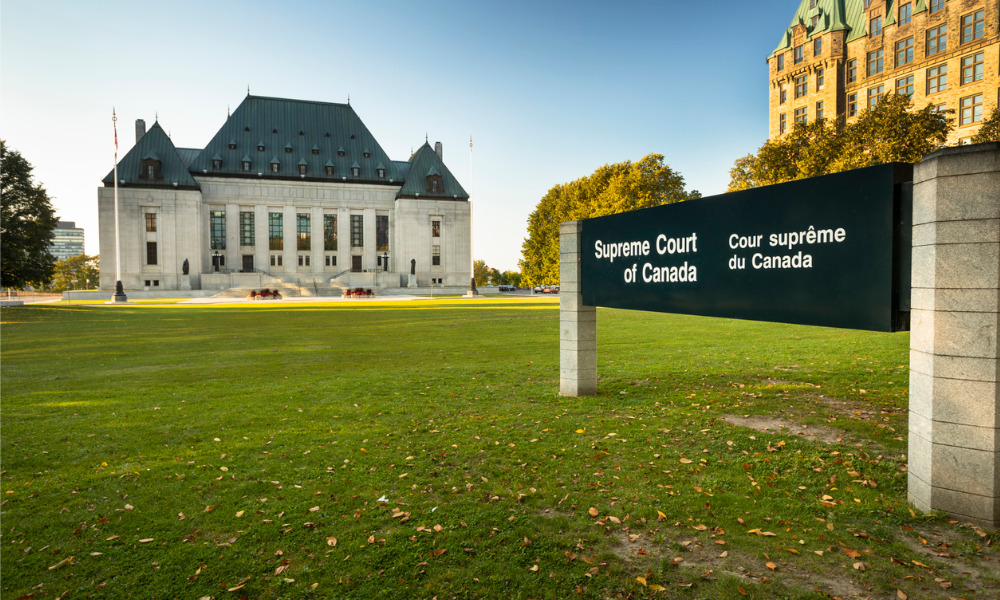Canadian Council for Refugees, Amnesty International, Canadian Council of Churches also disappointed

The Canadian Association of Refugee Lawyers has expressed concern over the Federal Court of Appeal’s judgment upholding the Canada-U.S. Safe Third Country Agreement and rejecting the claimants’ challenge on what it called “highly technical legal grounds.”
In its decision, released on Apr. 15, the Federal Court of Appeal had set aside the Federal Court’s July 2020 decision to strike down the agreement as unconstitutional for breach of the refugee claimants’ rights to liberty and security of the person under s. 7 of the Canadian Charter of Rights and Freedoms.
The Federal Court of Appeal, determining that the designation of the U.S. as a safe country should be maintained, found that the challenge went against all three immutable principles of Charter litigation and that it was impossible to cure the fatal defects of the challenge.
The appellate court said the Federal Court’s decision regarding s. 7 was flawed because it drew systemic conclusions from evidence of individual incidents, because it applied Canadian standards to foreign legal systems, and because it ignored powers and discretions that could alleviate the harsh effects on refugee claimants.
The court declined to address the s. 15 Charter challenge on equality rights and rejected the contention that the Immigration and Refugee Protection Act did not authorize the designation of the U.S. as a safe country.
In a media release, the Canadian Association of Refugee Lawyers criticized the appellate court’s decision in Canada (Citizenship and Immigration) v. Canadian Council for Refugees, 2021 FCA 72 to dismiss the challenge on almost exclusively technical issues, including the claimants’ framing of the challenge and the assailed legislative provisions.
The association also said the decision failed to consider the barriers faced by women and children turned back at the border, including women attempting to escape domestic violence in the U.S. asylum system.
It noted that the appellate court found that returnees to the U.S. face a risk of discretionary detention; but the evidence shows that most refugee claimants are detained upon returning to the U.S., the association emphasized.
The judgment is a “step backwards for human rights,” Maureen Silcoff, president of the Canadian Association of Refugee Lawyers, said in the news release. “The evidence unequivocally reveals that detention is the default position. The evidence of harm before the Court was overwhelming, and we are disappointed that the result failed to reflect that.”
“The real consequences of this decision rest with those refugee claimants who are being returned to U.S. detention facilities after being turned back and facing harm both in jail and in the U.S. asylum process,” said Amanda Aziz, a member of the organization’s executive.
The Canadian Council for Refugees, Amnesty International and the Canadian Council of Churches, who filed the legal challenge alongside eight individual refugee claimants, also said in a news release that they were disappointed by the decision of the Federal Court of Appeal.
The Federal Court of Appeal did not address the substantial evidence that most returnees experience serious rights violations when detained in the U.S., these organizations said, and neither the appellate court nor the Federal Court engaged with the evidence that women are particularly negatively impacted by the agreement because the U.S. does not sufficiently safeguard those fleeing gender-based persecution.
They noted that the appellate court recognized the ineffectiveness of the review process for the agreement and suggested that the claim could have instead challenged this review process. They argued, however, that such an approach would be impractical because the government invokes a right to confidentiality with respect to evidence about its reviews.









